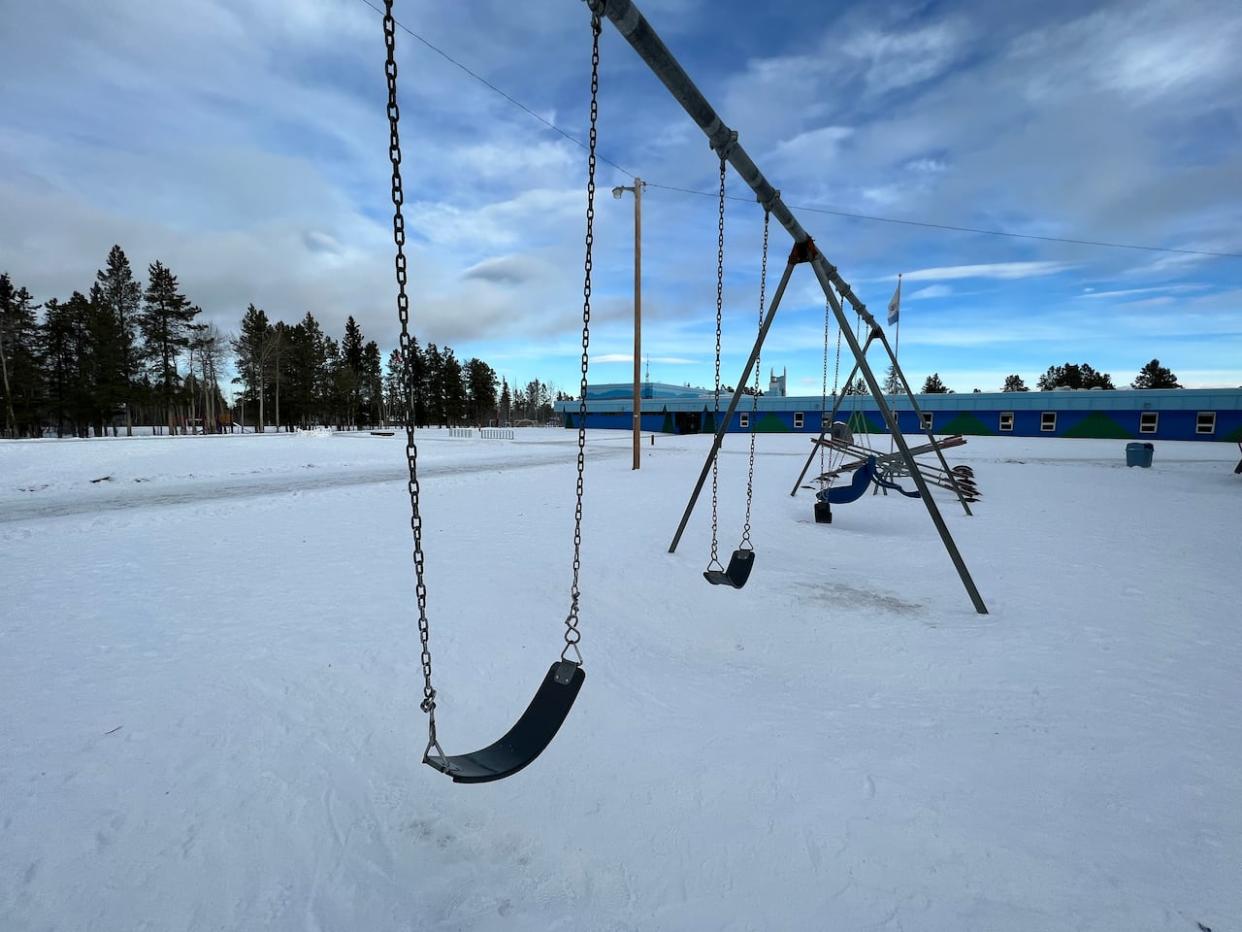Ministry's new plan for educational assistants won't do, says Yukon teachers' union

The Yukon education minister's planned changes to how educational assistants (EAs) are assigned and distributed in schools will cause harm to students and weren't made with the necessary input from those affected, according to a chorus of education advocates.
Ted Hupé, president of the Yukon Association of Education Professionals (YAEP), says the new process is a dramatic change and means EAs will no longer be assigned to support specific students based on their needs.
"The process announced by the department is bureaucratically simple: one EA per class for primary grades," he said.
"Students this year that are getting support would not be eligible for support next year if this allocation process and rubric is used."
EAs, who are represented by the YAEP, work in schools across the territory assisting students who need more individual support than a teacher can provide when it comes to learning, behavioural management and personal care during the school day.
Hupé shared a copy of the department of education's new forms that schools must fill out to apply for EAs for the 2024/2025 school year. At a glance, they show that one EA will be assigned to every class from kindergarten through Grade 4, and that additional EAs will be assigned to individual students if they need more than what the classroom's one EA can provide. And, student need is determined by a new rubric that evaluates a student's abilities, and gives them a score.
But Hupé says in practice this new system doesn't work. Under the new rubric students who've been eligible for one-to-one EAs this year, don't score high enough to get their own EA next year, he said.
"I have not had one school yet contact me and say that the rubric works ... They put in the details of kids that currently get EA support and they do not qualify for support next year using ... the new rubric."
Chorus of concern
YAEP isn't the only organization taking issue with the plans.
In a joint letter to Education Minister Jeanie McLean, several organizations — YAEP, LDAY Centre for Learning, Autism Yukon, Yukon First Nations Education Directorate, and Association of Yukon School Councils, Boards & Committees — took issue with the fact that they're not being listened to despite representing the needs of many students.
Specifically, they're concerned that the new criteria to evaluate students means vulnerable learners will fall through the cracks. They also say the plan to allocate EAs to classrooms, rather than specific students "will potentially result in a significant reduction in service."
"This arbitrary base formulaic approach perpetuates inequity because it prevents administrators from most effectively aligning limited EA resources with the student learning and educational needs unique to each school," the letter reads.
Furthermore, they say the department of education has "unilaterally revised" the 2016 EA allocation process, which was developed collaboratively through public consultation.
Hupé says that over the past year his union and the other groups participated in a consultation process with the government about how EAs are allocated, but the department has now made changes to the system, before the report from the consultation has been released.
CBC News reached out to the department and was told the report has not been finalized yet, but will be shared publicly when it's complete.
Minister questioned in legislature
Earlier this week, opposition MLAs referenced the letter from the concerned organizations and questioned the education minister in the legislature. The Yukon Party has said McLean should roll back the changes.
In response, McLean disagreed with how the letter characterizes the changes, and said "no major changes" were made. Instead, she referred to them as "minor" changes.
"Minor updates to current processes were completed, including increasing transparency. Teachers and administrators will now see if a student needs intensive or shared support — a better understanding of the needs of students and a streamlined process for teachers and administrators. Instead of filling out two forms, there is only one," she said during question period a the legislature on Monday.
McLean also said that any major changes will "take time" and be made in consultation with all stakeholders, and suggested that the groups who signed the letter are confused about the new policy.
"I think that, at the heart of this, we understand that there has been some confusion around the EA allocation process," she said.
'Marketing language'
Hupé disagrees.
"I have to laugh because it's profound change," he said in an interview, when presented with the minister's statements. "The department [of education] is looking for a simple solution, a simple allocation process to meet their need, not the students' needs."

Ted Hupé, president of the Yukon Association of Education Professionals, says the education minister's new plan for EAs will have a profound impact on students. (Laura Howells/CBC)
Hupé says the issue stems from the fact that bureaucrats, who aren't trained as teachers, are writing education policy and making these decisions.
"I will openly complain about the leaders of student support services and the leaders of public schools (the assistant deputy ministers), because they are not educators and they have no idea as to what happens in a school or classroom," he said.
"So the minister is ill-informed and is using marketing language that will not help students or the education system."

